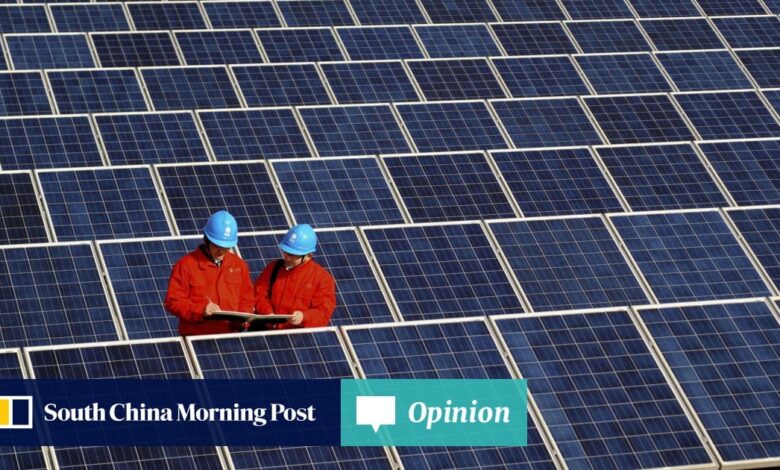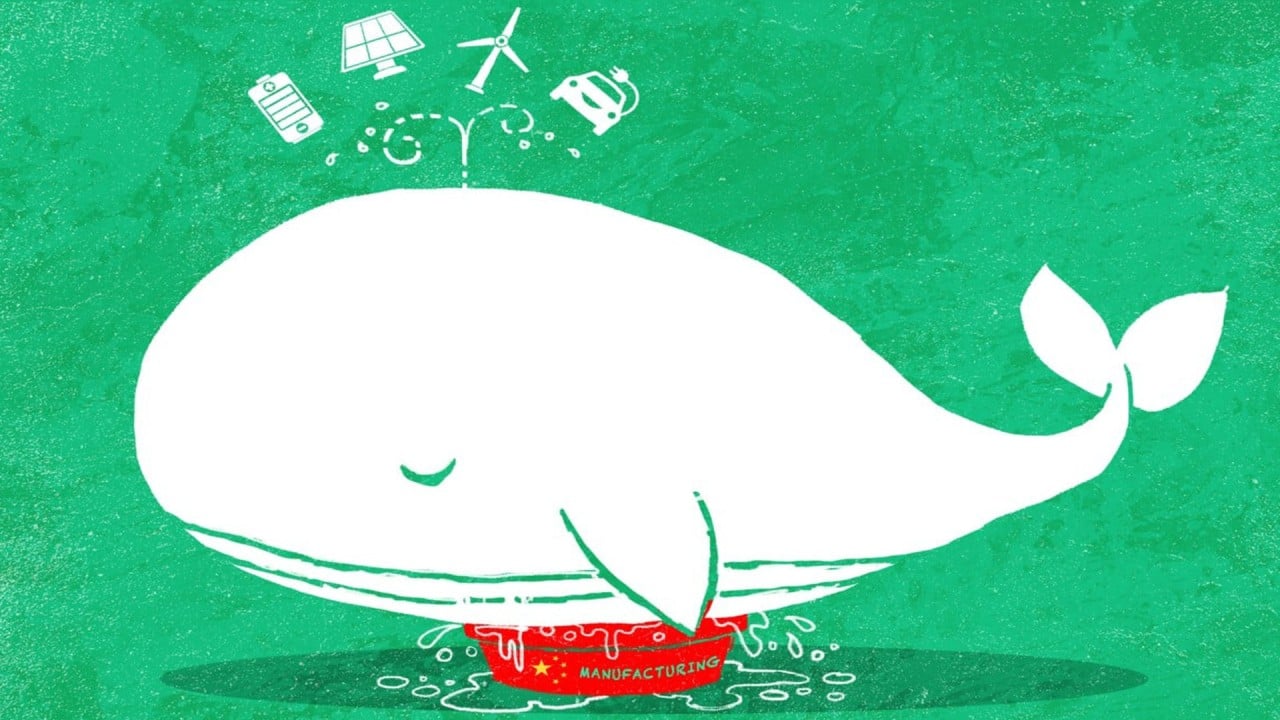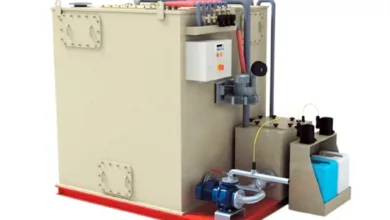New Business
Opinion | China will rein in vicious competition at the root of its overcapacity

The Chinese economic miracle occurred on a far greater scale than even the most experienced observers could have imagined. It transformed a country with a gross domestic product of US$361 billion in 1990 into an international financial powerhouse and market leader in several technology-related areas.
By 2023, its GDP had risen to US$17.8 trillion, an increase of over 4,800 per cent. This economic transformation lifted over 800 million people from poverty, vastly expanded the middle class and led to an unprecedented economic shift.
But such remarkable growth also introduced new challenges, particularly overcapacity and excessive competition, commonly known as neijuan or involution. This excessive competition fails to produce sustainable returns, ultimately hindering innovation and obstructing healthy economic growth.
Rapid economic development and rising consumer demand resulted in overinvestment and saturated markets, where businesses resorted to excessive competition to generate short-term revenue and gain market share. These sectors are characterised by cutthroat pricing strategies that cannot be commercially sustained, as they erode profit margins and compromise the quality of the goods or services offered.
Additionally, businesses operating with significantly reduced profit margins cannot sustain the investment needed to remain competitive or drive the research and development critical to economic health and long-term success. The affected sectors include solar panels, electronics, pharmaceuticals, building materials, textiles, food and drinks, semiconductors, and lithium batteries.
The electric vehicle (EV) market is an example of a sector which has achieved meteoric growth but is suffering the effects of excessive competition. Sales have soared from just 8,000 units in 2011 to an estimated 13 million units last year. This success is driven by technological advancements, government subsidies, a robust industrial ecosystem and national commitments to peak carbon emissions by 2030 and achieve carbon neutrality by 2060. Consequently, EVs have become a mainstream choice in China. But the saturated domestic market has also triggered a fierce price war.
Source link




